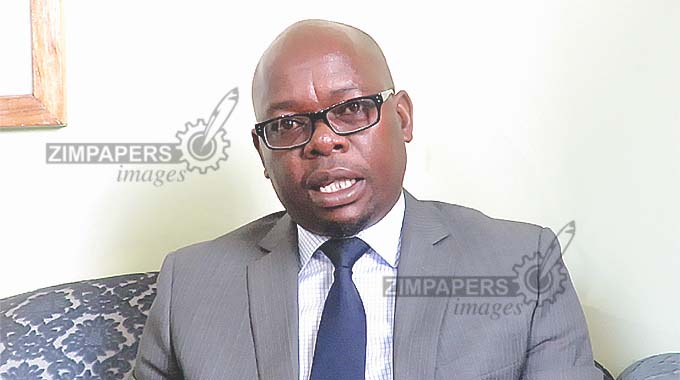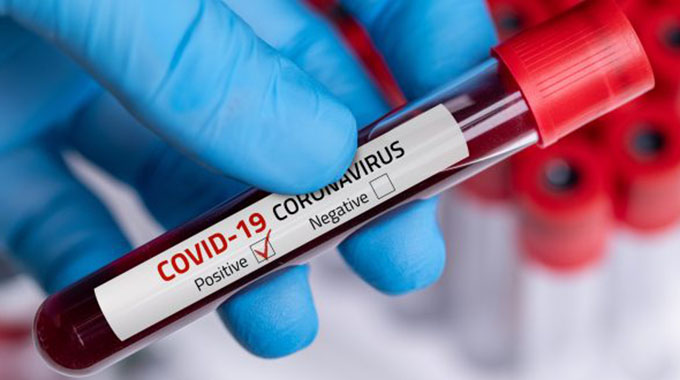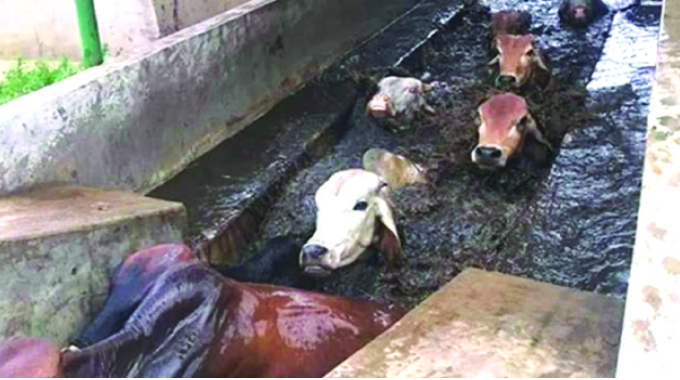Water shortages hit Harare

Blessings Chidakwa and Fadziso Mundawarara
Serious water shortages have hit most suburbs in Harare over the last few days after council slashed output from 320 million litres a day to 150 million litres due to failure to pay for a critical chemical.
This has left residents with no choice except to buy water from enterprising youths who sell a 20-litre bucket for $5.
Harare’s major water treatment plant, Morton Jaffray, has a capacity of about 700 mega litres a day, but has been running at less than half that capacity for several years.
A shortage of aluminium sulphate, the first chemical used in the purification process, has led to a 50 percent reduction in output.
Harare City’s acting director for water Engineer Mabhena Moyo said council was working around the clock to improve water supplies. “We were pumping an average of 320 megalitres per day from the five truckloads of aluminium sulphate which we were receiving from Zimphos. Our supplies have reduced to two truckloads over the past three to four days and the average water being pumped is 150 megalitres,” said Eng Moyo.
A meeting has since been held between council and Zimphos, and an agreement to increase to four truckloads of the essential treatment chemical was reached.
City spokesperson Mr Michael Chideme said: “We are currently depressed with regards to water treatment chemicals, we have reduced production. The City of Harare would like to advise residents that we are currently facing challenges in the procurement of water chemicals, this has seen us being forced to reduce water production. We will give updates as and when the situation improves.”
Kuwadzana residents have been without running water since the weekend and in other areas, residents are relying on the few boreholes available, or wells, many of which are not protected, sparking fears of outbreaks of diseases such as cholera and typhoid.
Critically, there is crowding at boreholes and wells, with the residents not maintaining social distancing, a development that could accelerate the spread Covid-19. Community infections are presently spiking, and experts fear that if residents continued to gather at boreholes, many would be infected.
A resident, Mr Charles Kamhuka, said the water crisis was exposing them to diseases. “The water situation is bad, currently we are already fearful of Covid-19, cholera and typhoid, if water the crisis persists,” he said.
Miss Talent Chinyemba said it was difficult to access potable water, a development that raises the possibility of water borne disease.
Harare Residents Trust director Mr Precious Shumba said council should prioritise water supply.
“Residents deserve consistent water supplies as chemicals should be stocked for at least six months in advance so that we will not experience such a scenario,” he said.
Community Water Alliance director Mr Hardlife Mudzingwa said they were concerned about the water crisis, especially in the context of Covid-19 pandemic as part of the preventive measures include regular washing of hands with running water.
Mr Mudzingwa said council should honour its debts with water chemical suppliers.










Comments